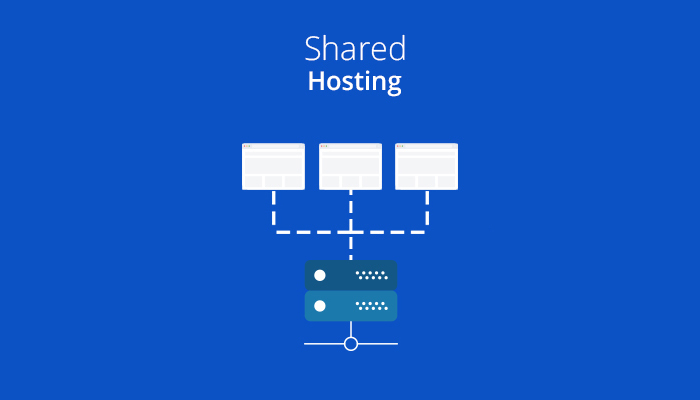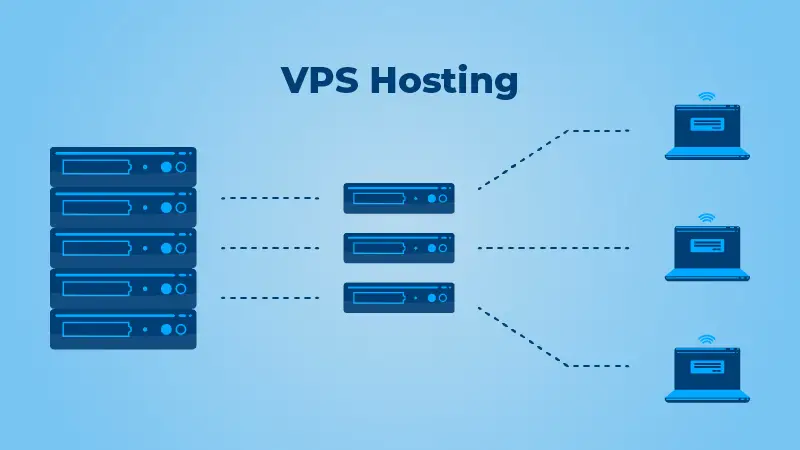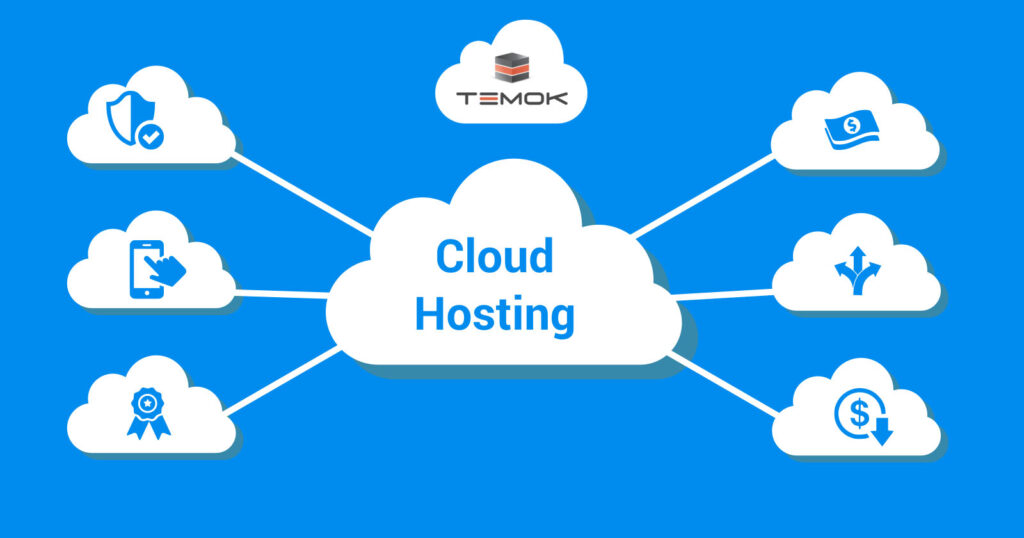What is a Web Host?
A web host is a corporation that is responsible for the configuration, operation, and maintenance of servers. These servers are responsible for housing or allocating web space and resources to websites that users accessed the internet. The term “web hosting” refers to this particular kind of service.
You are renting the server space from a web host when you purchase a web hosting service from them. This space is used to store all of the data associated with your website, which may include media content, photos, CSS and HTML files, code, and other files. Web hosting companies offer a variety of extra services, including connectivity, hardware, and software, which are necessary for a website to go live and operate without interference. They might even take care of the maintenance, which includes security, patches, updates, and other tasks, to guarantee that a website stays online and provides the greatest possible experience for its users.
Web hosting includes:
- Web hosting on a server, whether virtual or physical
- Providing a physical place for a server along with essential services like internet access, power, cooling, and security is known as server facility or colocation.
- The host computer’s web server
- Website naming and DNS configuration to point to a hosting server
- Everything needed to build, alter, or access a website, including room to save files, database settings, email connectivity, security systems, software, and login credentials.
What Are the Different Types of Web Hosting?
Here are the most popular kinds of web hosting:
Shared Hosting
Websites on shared hosting share a server with a large number of other websites, perhaps from a few to hundreds. Memory, processing power, disc space, and the directory or folder in which each site stores its files and content will all be shared among all of the sites on the server.
Users and website owners will not be able to view or access any personal information or files stored on the other’s computer. It’s because they lack the necessary privileges to access the server as a root user, which prevents them from doing things like installing software or making extensive changes to the server’s setup.

VPS Hosting
VPS hosting, also known as virtual private server hosting, is a type of web hosting service that allows multiple accounts to be hosted on a single server, similar to shared hosting, but also offers dedicated server resources to each individual user, in contrast to shared hosting.
It’s of two types:
- Users without technical knowledge might benefit from managed hosting because the supplier takes care of everything, offering a “managed service.” It is their job to operate and keep the servers running smoothly. Comparatively, unmanaged hosting is less expensive.
- In unmanaged hosting, site owners are responsible for configuring and maintaining the server that their provider assigns them. Your responsibilities will include keeping an eye on security, installing and upgrading software, backing up servers, and more. It’s a less expensive and fantastic option for developers and proprietors with technical knowledge.
When compared to shared hosting, this one offers superior performance. But before you choose a service, be sure they have a good reputation and can meet your requirements.

Cloud Hosting
In order to host websites and ensure their exceptional performance and uptime, cloud hosting makes use of several web servers. It provides exceptional availability by distributing web pages to multiple strong and load-balanced virtual servers, allowing them to effortlessly handle large traffic. Furthermore, cloud hosting is user-friendly because of how easily servers can be scaled up or down. Easy metric tracking is also available for things like data transfer, CPU and disc space utilisation, and more.
Among the numerous advantages of cloud computing are its great security and its high scalability to meet your specific demands. Even if one server goes down, there are plenty of backups to keep everything running smoothly and reliably. Additionally, in order to facilitate monitoring and avoid any efforts at hacking, your site will be online at all times. Additionally, in order to prevent data loss, service providers provide automatic backups through the cloud.
When compared to shared and virtual private server hosting, the cost of cloud computing is significantly higher. These days, though, a plethora of options exist for cheap cloud hosting. Furthermore, cloud hosting offers creative pricing; unlike monthly or annual plans, users only pay for the resources they really utilise. To get a better idea of how much the resource would cost, you should first assess your requirements.

Dedicated Hosting
A physical server that is dedicated to hosting the websites of a single customer is known as a dedicated server. This means that the servers are reserved just for your websites and that no one else will be able to use them or share the resources with you. In most cases, it grants you root access, which gives you full control over your server and allows you to customise its settings anyway you like. Also, it can be handled or left unmanaged.
With dedicated hosting, your website will run smoothly, be online all the time, and be protected from potential threats. So that you may manage and tailor your server to your specific requirements, it will furnish you with specialised resources, software, and tools. An expense associated with this hosting is a drawback. At hundreds of dollars monthly, it’s the most expensive.

Why Do You Need Web Hosting?
One of the greatest methods for businesses to provide their products or services is through a website, which is why more and more of them are thinking about going digital. It will assist you in expanding your reach globally, which in turn will generate more leads and income.
Data Storage
No matter the size of your company, there is critical information that must be securely held to prevent unauthorised access. With the help of a web hosting provider, you may securely store all the data associated with your website on a server. This includes images, files, code, CSS documents, HTML documents, and more.
Reliable Servers
In order to alleviate risks and safeguard themselves against disasters or outages, web hosts house their services in a protected building with state-of-the-art infrastructure. Hosting your site with a reliable provider ensures that it is accessible at all times for your consumers.
Ease of Use
With the help of a web host, setting up your website is a breeze. You can create and customise your website according to your needs with their various capabilities. A sleek control panel to tweak the settings is also yours.
Performance and Speed
When it comes to server hardware and software, web hosts only utilise the latest and greatest to guarantee top-notch speed and security for its clients. Customers will be able to take action swiftly and easily, and your website will run at peak performance.

















Leave a Reply